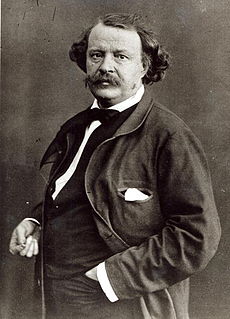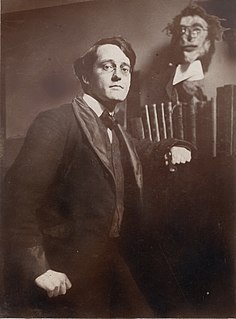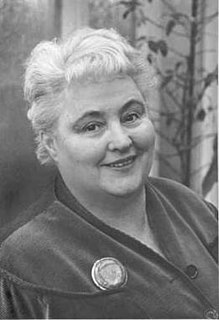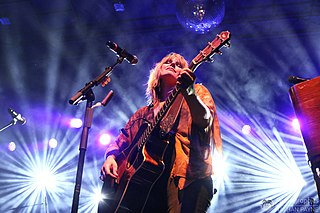A Quote by Charles Dickens
But the sun itself, however beneficent, generally, was less kind to Coketown than hard frost, and rarely looked intently into any of its closer regions without engendering more death than life. So does the eye of Heaven itself become an evil eye, when incapable or sordid hands are interposed between it and the thing it looks upon to bless.
Related Quotes
We live less than the time it takes to blink an eye, if we measure our lives against eternity. So it may be asked what value is there to a human life. There is so much pain in the world. What does it mean to have to suffer so much, if our lives are nothing more than the blink of an eye?...I learned a long time ago, Reuven, that a blink of an eye in itself is nothing; but the eye that blinks, that is something.
I don't believe in a lot of things from the Bronze Age, but an eye for an eye does make a sort of symmetrical sense to me. I really believe that if somebody takes a life, that [death penalty] is what they should get. I also think it's a lot more humane than keeping people in a cage for the rest of their life.
the relationship between the two men was something of a miracle in itself. It was a cordiality based, apparently, on complete non-comprehension cemented by a deep mutual respect for the utterly unknown. No two men saw less eye to eye and the result was unexpected harmony, as if a dog and a fish had mysteriously become friends and were proud each of the other's remarkable dissimilarity to himself.
The people who have achieved more than you, in any area, are only a half step ahead of you in time. Bless them and praise their gifts, and bless and praise your own. The world would be less rich without their contributions, and it would be less rich without yours. There's more than room for everyone; in fact, there's a need for everyone.
The mind's eye can nowhere find anything more dazzling or more dark than in man; it can fix itself upon nothing which is more awful, more complex, more mysterious, or more infinite. There is one spectacle grander than the sea, that is the sky; there is one spectacle grander than the sky, that is the interior of the soul.
All death in nature is birth, and at the moment of death appears visibly the rising of life. There is no dying principle in nature, for nature throughout is unmixed life, which, concealed behind the old, begins again and develops itself. Death as well as birth is simply in itself, in order to present itself ever more brightly and more like to itself.
What interests me is to paint the kind of antisensitivity that impregnates modern civilization. I think art since Cezanne has become extremely romantic and unrealistic, feeding on art. It is Utopian. It has less and less to do with the world. It looks inward - neo-Zen and all that. Pop Art looks out into the world. It doesn't look like a painting of something, it looks like the thing itself.





































